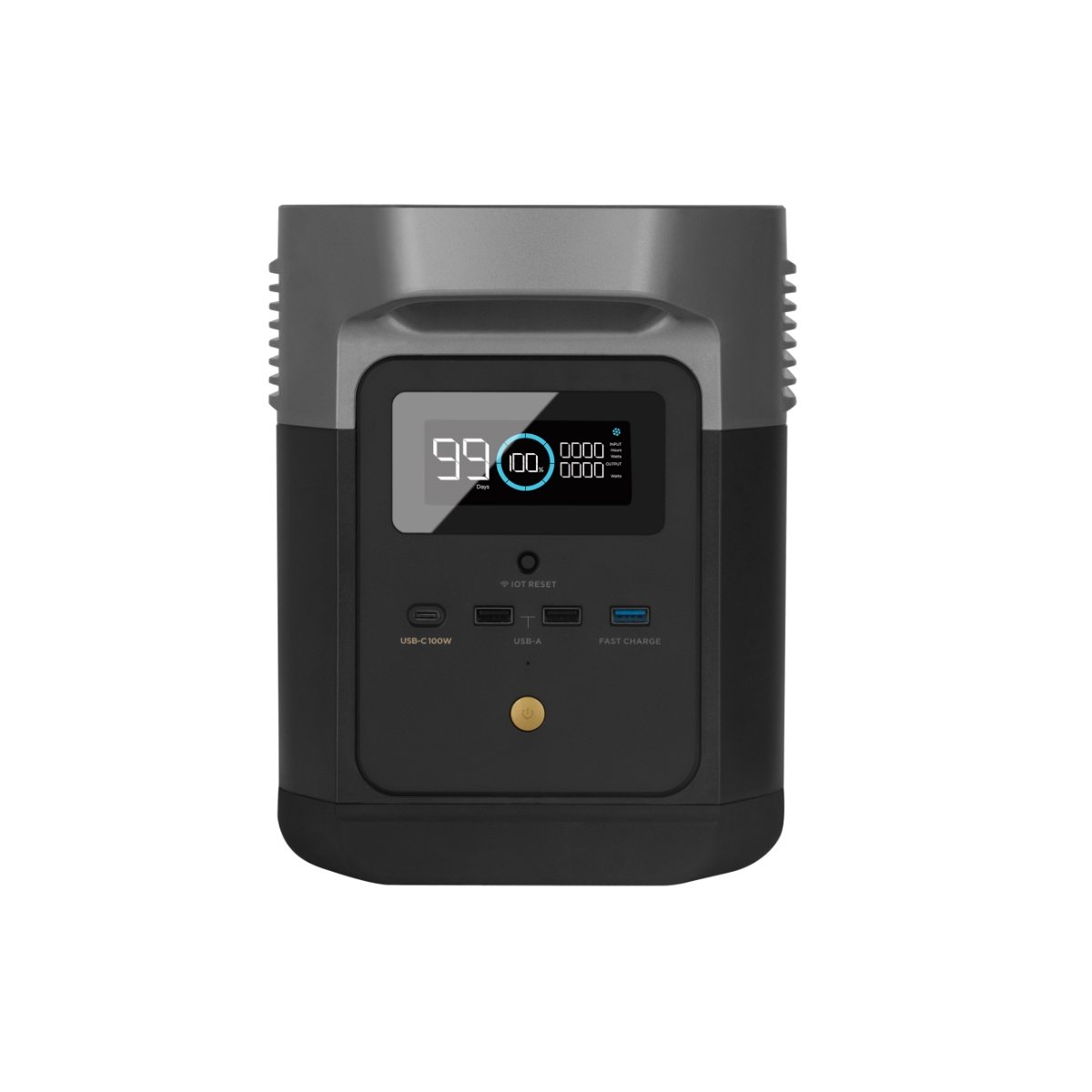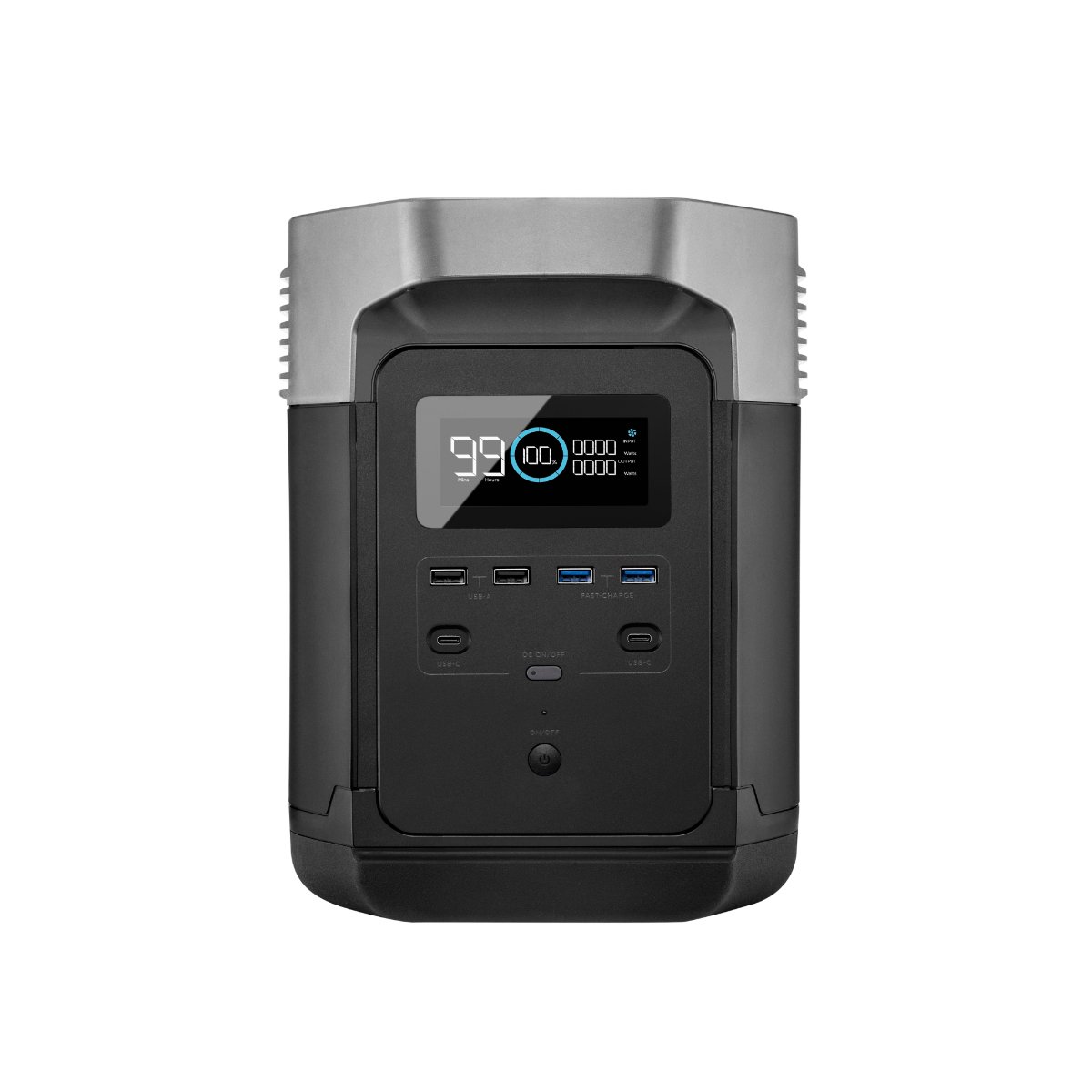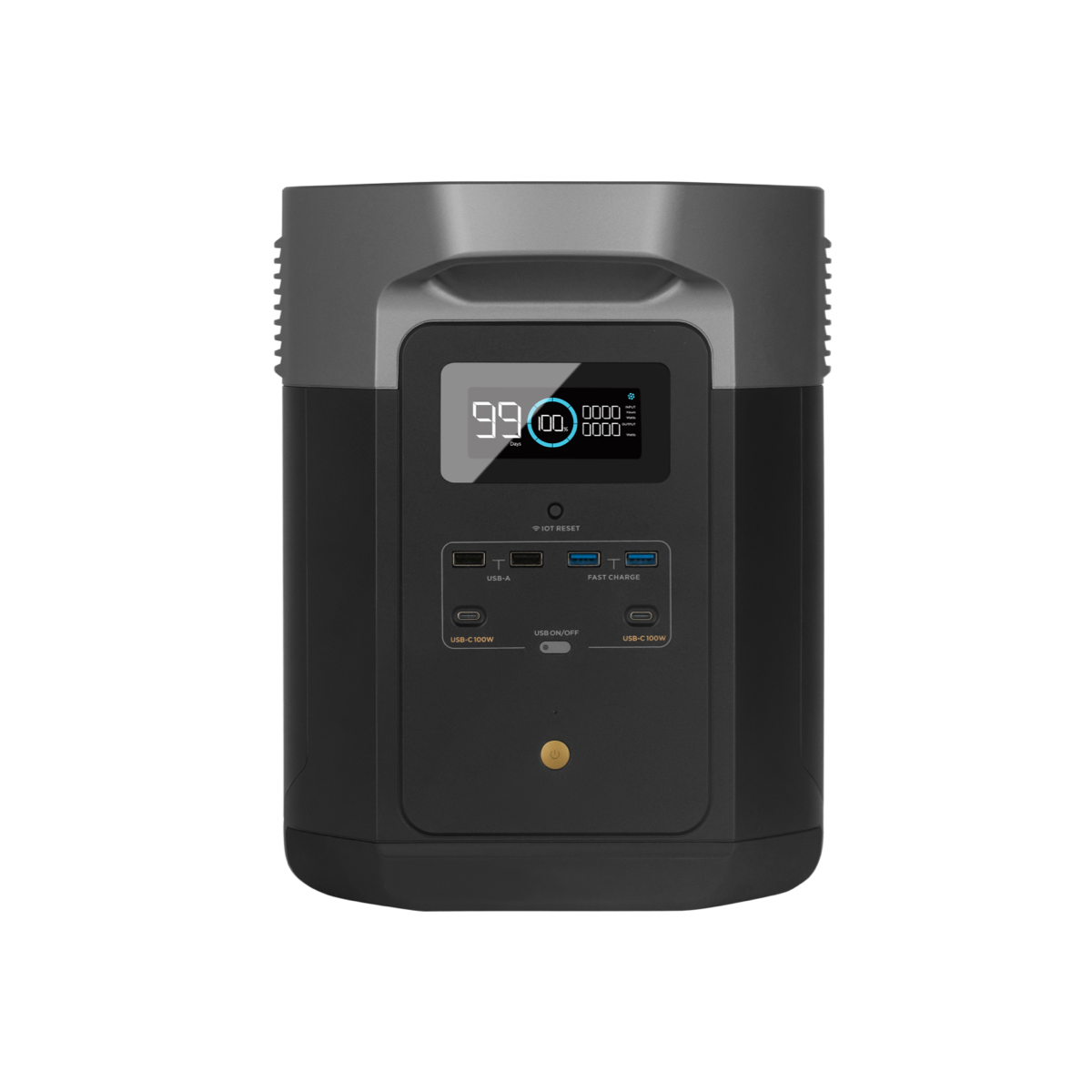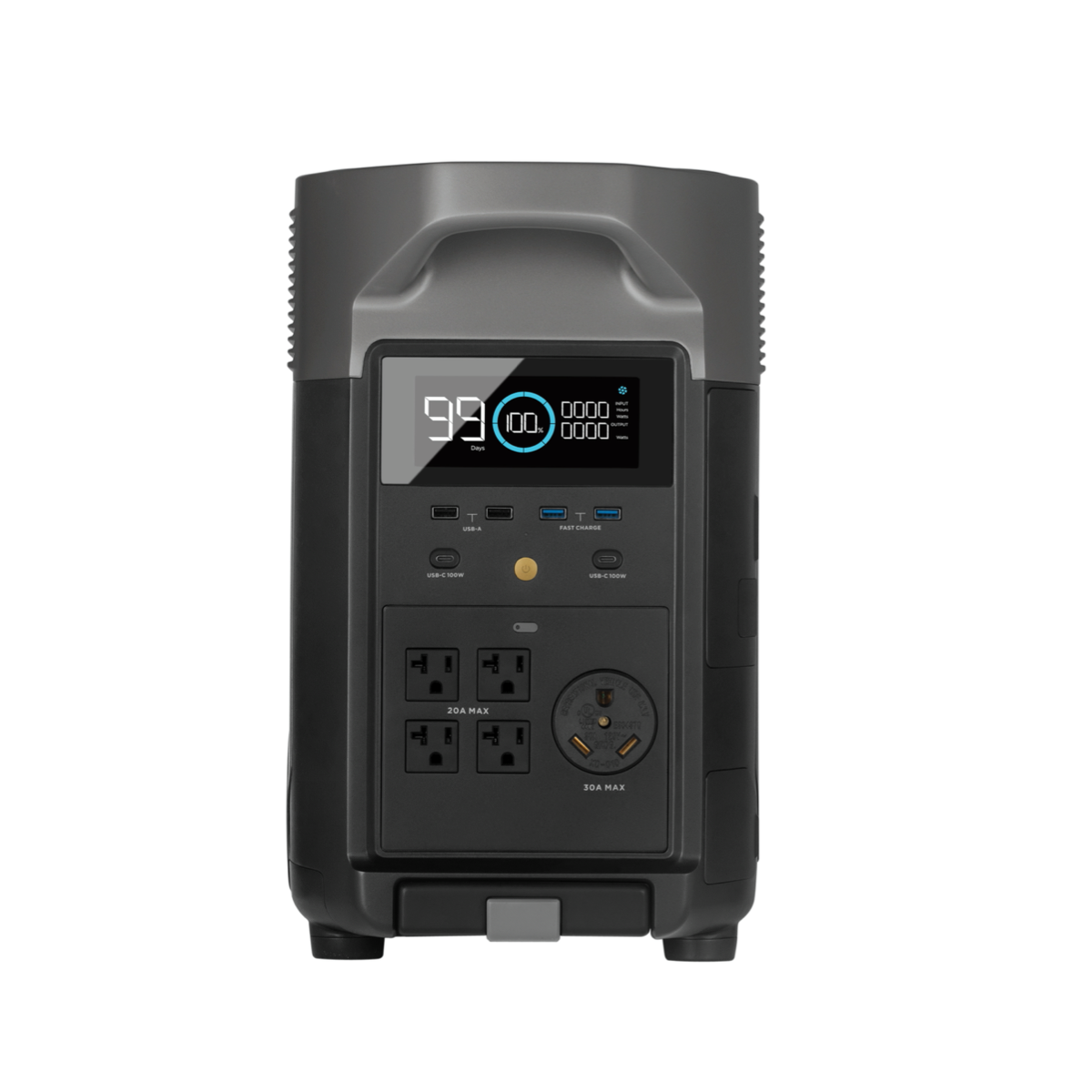Table of Contents
In December 2021, New York City introduced a ‘green’ gas ban bill preventing the use of natural gas in new builds. The plan will ensure that by 2023 new buildings under seven floors will not have access to fossil fuel hookups, followed by buildings over seven stories by 2027. In January 2022, the ban received state-wide backing from Gov. Kathy Hochul, who intends to electrify 2 million houses by 2030 in a push towards zero emissions by 2050.
Why is NYC Banning Natural Gas?
Many advocates of green energy and climate control view New York City as paving the way for other cities to move away from fossil fuels and help combat climate change. Due to its population, current emission levels, and fluctuating temperatures, some, including Mayor Bill de Blasio, suggest that “If the largest city in America can take this critical step to ban gas use, any city can do the same.”
Approximately 40% of New York City’s carbon dioxide comes from boilers, furnaces, and water heaters. As a result, one of NYC’s most significant concerns about fossil fuels is the negative health impacts of pollution on the city’s population. According to Harvard environmental health scientist Jonathan Buonocore, pollutants, especially those from residential buildings, play a significant role in causing respiratory diseases, strokes and heart attacks.
What Will New York Use For Heating and Cooking Instead of Gas?
New York City has stated that electricity from power plants will be the primary power source in new-builds. Additional power will also come from renewable energies, such as solar panels and wind farms.
Con Edison, a New York-based energy company supporting the ban, claims to be well prepared for the increase in energy needed for the hot summers and frigid winters of NYC. They also plan to invest 2 billion dollars preparing for extreme weather, battery storage, and EV charging.
More recently, Hecate Energy announced its plans to build a 500-MW solar plant named Cider Solar Farm in New York, enough to power around 120,000 New York homes. Five wind farms off the east coast are also in development, cumulating in 4,300 megawatts of power for approximately 700,000 homes.
National Grid, a gas and electric utility company against the bill, suggests clean hydrogen as an alternative to electricity. Although not without its issues, green hydrogen, as it is also known, is a low-carbon power source produced when heated using renewable energies such as solar and wind. Hydrogen can be piped through existing natural gas lines, saving money and construction challenges.
So What’s the Problem?
More Expensive
Some have suggested that using electricity for heating and cooking will be more expensive. However, heat pumps that use electricity to transfer heat or cool air are energy efficient and cheaper to heat a home.
Houses or buildings that use electricity for heat are also likely to be slightly more expensive to purchase than their gas counterparts.
Clean Hydrogen & Renewable Energies
Clean hydrogen may be an excellent solution in the long run, but it is still in the early stages of development. Hydrogen power for New York City is still a long way off.
Numerous planned solar and wind farms may eventually benefit New York City, but it’s unlikely to be in time for the gas ban. Although there are several sizeable energy farms in New York, they are yet to connect to the city.
Fossil Fuel Electricity
Natural gas bans on the east coast are rare due to the cold winters. Freezing temperatures affect the infrastructure of fossil fuel-run plants, lowering power output. Over the last few years, we’ve seen how energy distribution sources struggle to cope with low temperatures, causing massive outages. Once the gas ban takes effect, there’ll be even more pressure on New York City’s grid.

Companies and individuals against the ban maintain that the increased demand for electricity may cause blackouts across the city. Their concern is that New York City isn’t prepared for the move to electricity, no matter where the energy comes from.
Although the US intends to phase out all fossil fuel power plants by 2035, that’s still some time in the future. Currently, 85% of electricity in NYC still comes from fossil fuels. When burning natural gas, only about 45% converts into electricity, compared with the 90% energy efficiency from piped gas. Transporting electricity also loses around 10%, so only about one-third of energy remains once it arrives at its destination. While getting rid of gas hookups may be a step in the right direction, burning natural gas in a power plant instead of using gas directly may increase emissions until retirement.
While New York City is attempting to lower emissions, some point out that New York may have jumped the gun. Clean energy sources such as wind farms and hydrogen may not be available in NYC for years, placing additional pressure on already strained electrical distribution.
Prepare for Blackouts
Whether you’re for or against the gas ban in NYC, blackouts may affect you if you live in the area. Luckily, you can prepare for an outage with a portable power station and keep your home or business (and its appliances) running smoothly.

EcoFlow DELTA mini
| Capacity 882Wh |
| Phone (11W) 62 Charges |
| Laptop 60W 12 Charges |
| Mini Fridge 12 Hours |
| Blender (500W) 1.5 Hours |
| Coffee Machine (1000W) 0.7 Hours |
| Air Fryer (1500W) 0.5 Hours |

EcoFlow DELTA
| Capacity 1260Wh |
| Phone (11W) 104 Charges |
| Laptop 60W 19 Charges |
| Mini Fridge 19 Hours |
| Blender (500W) 2.1 Hours |
| Coffee Machine (1000W) 1.1 Hours |
| Air Fryer (1500W) 0.7 Hours |

EcoFlow DELTA Max
| Capacity 2016Wh |
| Phone (11W) 175 Charges |
| Laptop 60W 32 Charges |
| Mini Fridge 33 Hours |
| Blender (500W) 3.5 Hours |
| Coffee Machine (1000W) 1.9 Hours |
| Air Fryer (1500W) 1.2 Hours |

EcoFlow DELTA Pro
| Capacity 3600Wh |
| Phone (11W) 313 Charges |
| Laptop 60W 57 Charges |
| Mini Fridge 57 Hours |
| Blender (500W) 6.5 Hours |
| Coffee Machine (1000W) 3.3 Hours |
| Air Fryer (1500W) 2.2 Hours |
A portable power station stores energy until you need to use it. They come in various sizes to fit your needs, from charging your cellphone and laptop to powering your fridge and washing machine. They’re compact with a fully integrated design and easily stored in a closet. Portable batteries are also silent and clean, so you can safely use one in an apartment.
Since power stations don’t create energy, they need to be charged before a blackout. Recharge using an AC outlet in your home, an EV charging station, your car, or solar panels if you have access to outside space.
Learn more about our range of portable power stations and see which fits your needs.